Child Custody and Scheduling Your Parenting Time. - Law Office of Stephen Gassner
Table of Contents
Toggle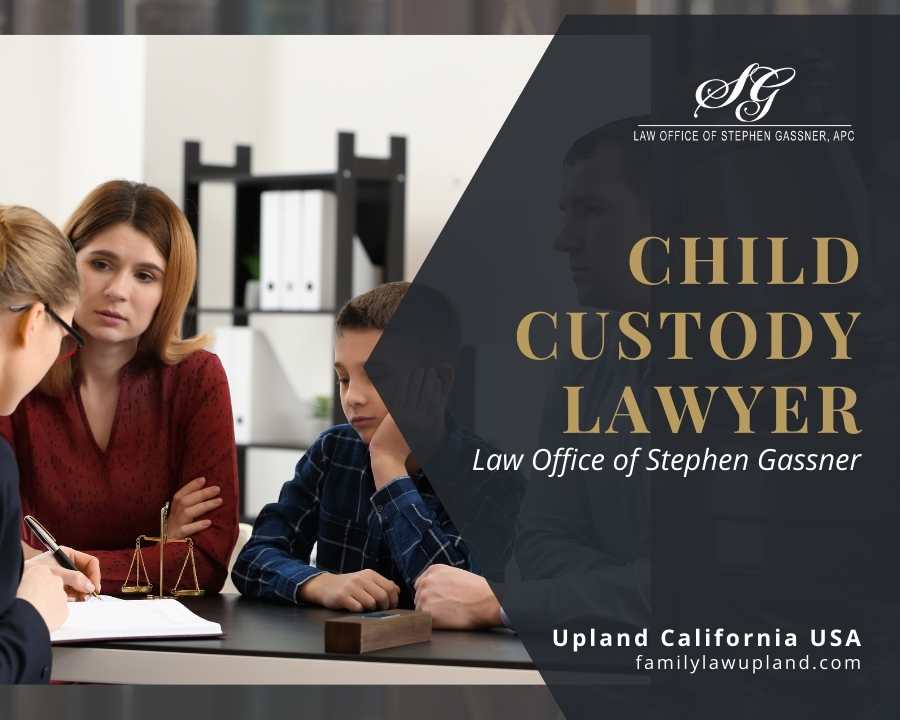
Understanding Child Custody
Child custody is more than just deciding where your child will live. When more than one child is concerned, the same stipulations apply to children’s custody. A judge can give different orders about who cares for a child. The judge will determine who your child will live with based on whether your child would be better off with you, the other parent, or both. When making custody decisions about a child or children, the judge will also think about what is best for them.
It is crucial to understand the two types of child custody orders which apply to a child or children involved in the family.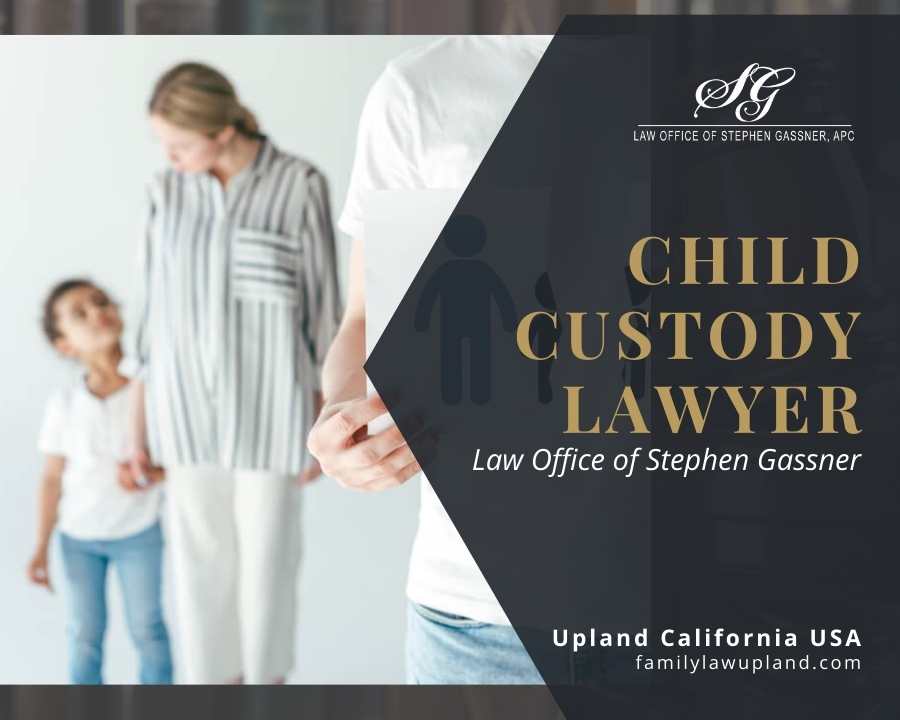
Legal Custody
Sole Legal Custody
A sole child custody order gives you or the other parent full physical and legal custody of your child. If the court tells you that you will be the child’s primary custodial parent, you will have full legal and physical custody of the child. So, your child would live with you, and the other parent might be able to see the child if the judge thinks it’s in the child’s best interest. Also, you would be the only one who could make critical decisions for your child, like their education, health, and welfare.Joint Legal Custody
Section 3002 of the California Family Code says that “joint custody” means that a child’s physical and legal care is shared. With joint custody, you and the other parent have an equal say in important decisions about your child’s health, education, and well-being. Your child will also live with you and the other parent, but the time with each of you may not be split evenly. This is because it is hard to divide time precisely in half when you have things like school and work to do.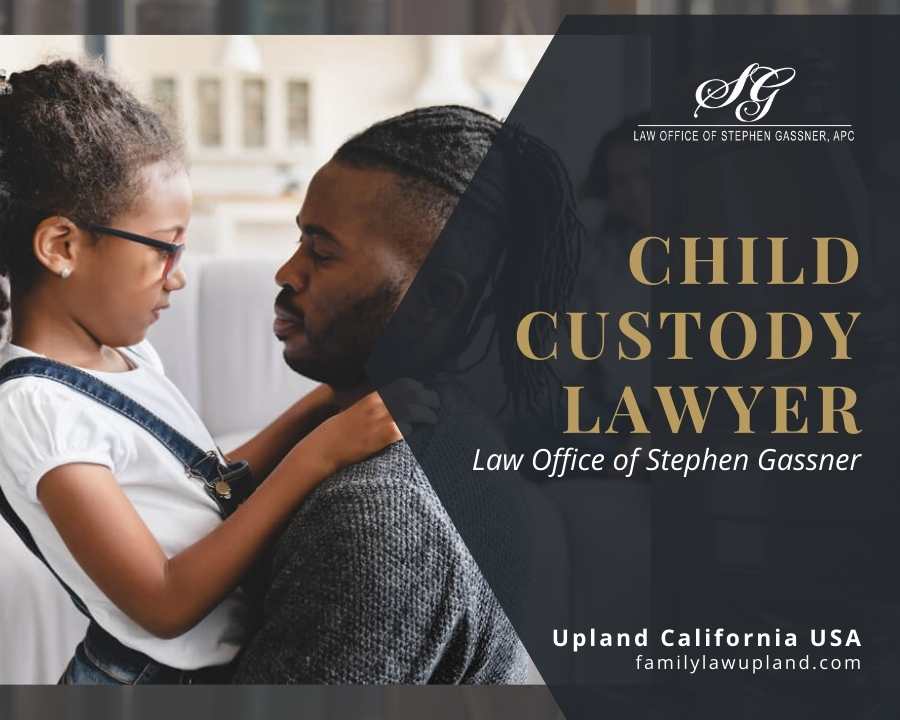
Physical Custody
Primary Physical Custody
If one parent has exclusive physical custody, the kid will reside with that parent and be monitored by that parent. The court may still issue a visitation order. Depending on who gets custody, your kid will live with either you or the other parent then the other parent will likely be granted “visitation privileges.”Joint Physical Custody
This agreement means that each parent must have considerable periods of physical custody. The legal objective of joint physical custody is to ensure that your kid spends significant time with you and the other parent. Your kid will thus reside with you and the other parent. However, the time may not be equally divided due to factors such as school and employment.Visitation Rights
There are different kinds of orders for visitation:
Visitation on a set schedule: If the other parent has visitation rights, this visitation order tells the other parent when and how long they can see your child.Reasonable Visitation
This order lets visitation go on for as long as both parties agree. With this plan, you and the other parent can be flexible about when and when not to visit.Visitation Under Supervision
If your child’s safety or health could be at risk, the parent with visitation rights may have to be watched while with the child. If the other parent has visitation rights, you, another adult, or a professional service can keep an eye on them.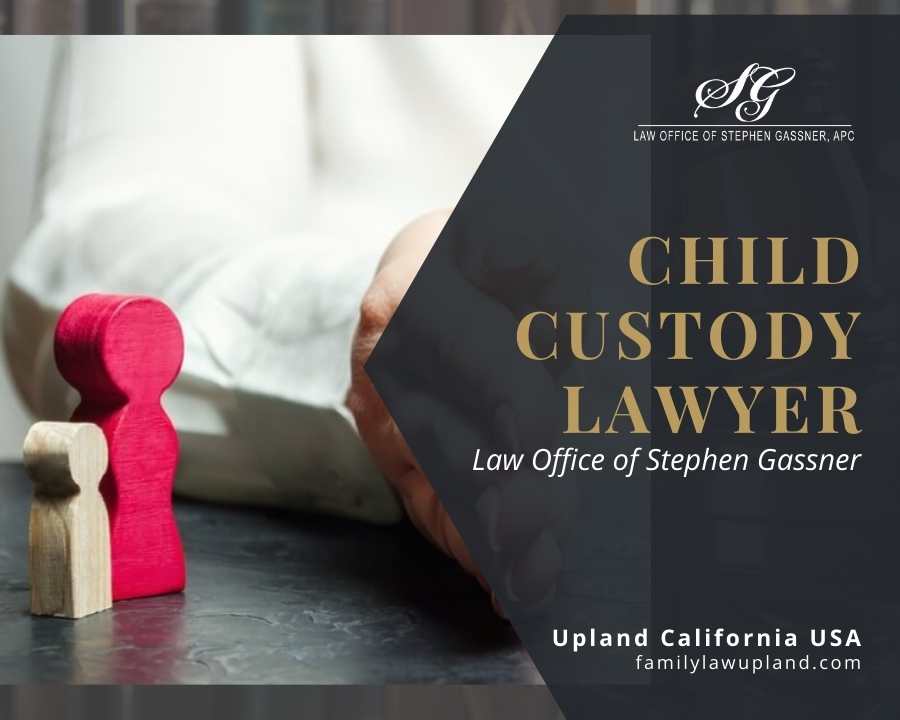
Modifying Your Child Custody Parenting Plan
You can still change parenting plans. But those plans are never set in stone.
A decision about who gets to raise a child is never final. Sometimes, the plans you made for child custody the first time around stop working. Most of the time, that’s because you, your child, or the other parent’s life has changed usually. Some child custody arrangements may also need to be changed if one parent violates the custody or visitation rights of the other parent.
California law considers that people’s lives change over time and that children grow up. Some changes that could lead to a petition being granted are:
- Changes at the child’s school or in other things they do regularly
- One parent gets a new job, which makes being a parent harder.
- Using the military service
- Proof that the home of the other parent is a dangerous place.
- Accusations and proof of drug use, violence, neglect, criminal behavior, or sexual abuse.
- The other parent won’t work with you when making decisions about your child’s health, medical treatment, education, and well-being.
- One parent moves out of the area.
Emergency Temporary Jurisdiction
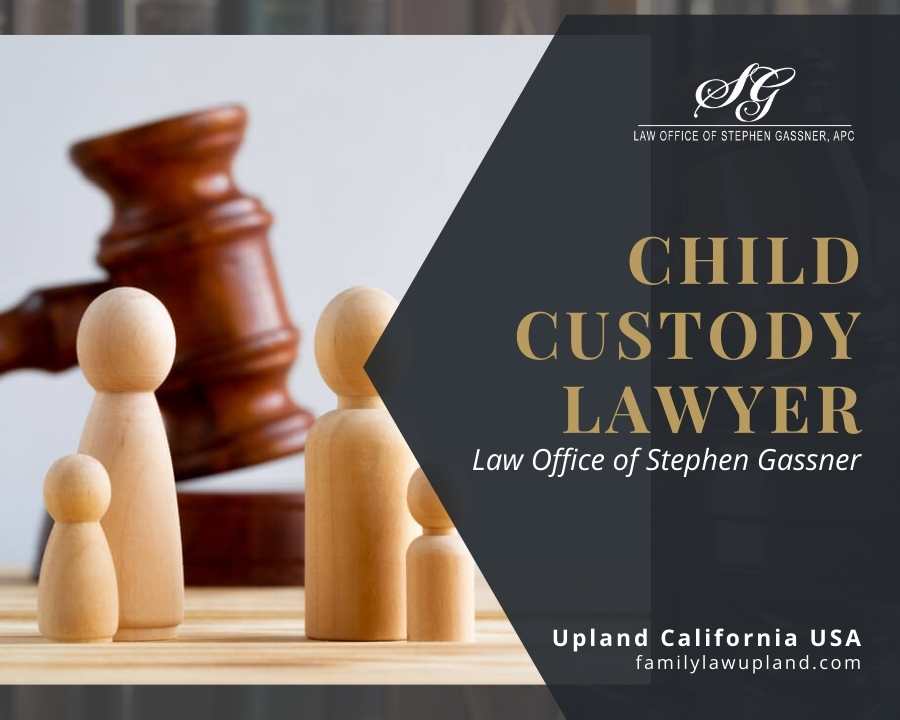
Even if your case is in another state or county and custody proceedings have already started there, a California court may take temporary custody of the child if:
- the child is in California;
- the child has been abandoned (left without the care or supervision the child needs); or
- the child needs to be protected in an emergency because the child, a sibling, or a parent is in danger.
This is important if there is an emergency and the child would be in danger if they returned to the other parent.
Emergency temporary jurisdiction in Case of Emergency can’t be based on unproven claims. Instead, the UCCJEA says that the court must hold a full and fair hearing on the issue of mistreatment or domestic abuse to assert jurisdiction.
If another court has already made a custody order, emergency jurisdiction only lasts for a short time. For example, the emergency order from the California court only stays in place until the other court issues an order within the time limit or the time limit runs out.
Most people don’t know the rules and guidelines for when temporary emergency jurisdiction can be used to get temporary custody to protect a child, so it is vital to hire a Los Angeles emergency temporary jurisdiction lawyer who knows what they are doing.
Learn More About: How Child Support – The Law Office of Stephen Gassner
Child Support
Requests to leave
Frequently Asked Questions
-
In California, How Do I Get Full Custody of My Child?
In California, a parent who wants full custody must show strong evidence. For example, to give full custody to one parent, the court needs a strong reason that is in the children’s best interest. -
How far apart can parents live and still have 50/50 custody in California?
Remember that “long-distance” co-parenting is defined as being more than 20 miles away in California. -
What Makes a Father Unfit for Custody in California?
A father would be unfit for custody in California if he has any history of physical abuse, drug use, domestic violence, or time spent in jail. Even though it is rare for a California judge to stop a parent from having any contact with their children, this can happen if there is enough evidence and proof, not just claims from the other parent.
Looking for A Child Custody Lawyer You Can Rely On Us
Getting a handle on child custody cases is very hard and complicated. You need an experienced child custody lawyer to help you through the legal process if you are fighting for custody of your child. The attorney from the Law Office of Stephen Gassner’s skilled child custody lawyers has the knowledge and experience you need to get the best outcome for your case. You can trust the attorney from the Law Office of Stephen Gassner because they have worked on child custody cases for many years.
Looking for a Family Law Attorney in California, USA? Look no further the Law Office of Stephen Gassner can help you with different family law issues, including divorce, property division, paternity, child custody and support, spousal support, visitation rights, and property division including the complex division of business property. We serve Child Custody Lawyer in the following areas of California, USA.
Family Law in Chino Hills, CA
Family Law Claremont, CA
Family Law in Eastvale, CA
Family Law in Fontana, CA
Family Law in Ontario, CA
Family Law in Rancho Cucamonga, CA
Family Law in Upland, CA
Need Child Custody Lawyer Legal Advice on Child Custody?
Or contact the Law Office of Stephen Gassner
At (909) 937-7000 Now!
324 N Mountain Ave, Upland, CA 91786, United States
(909) 937-7000

